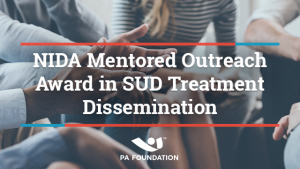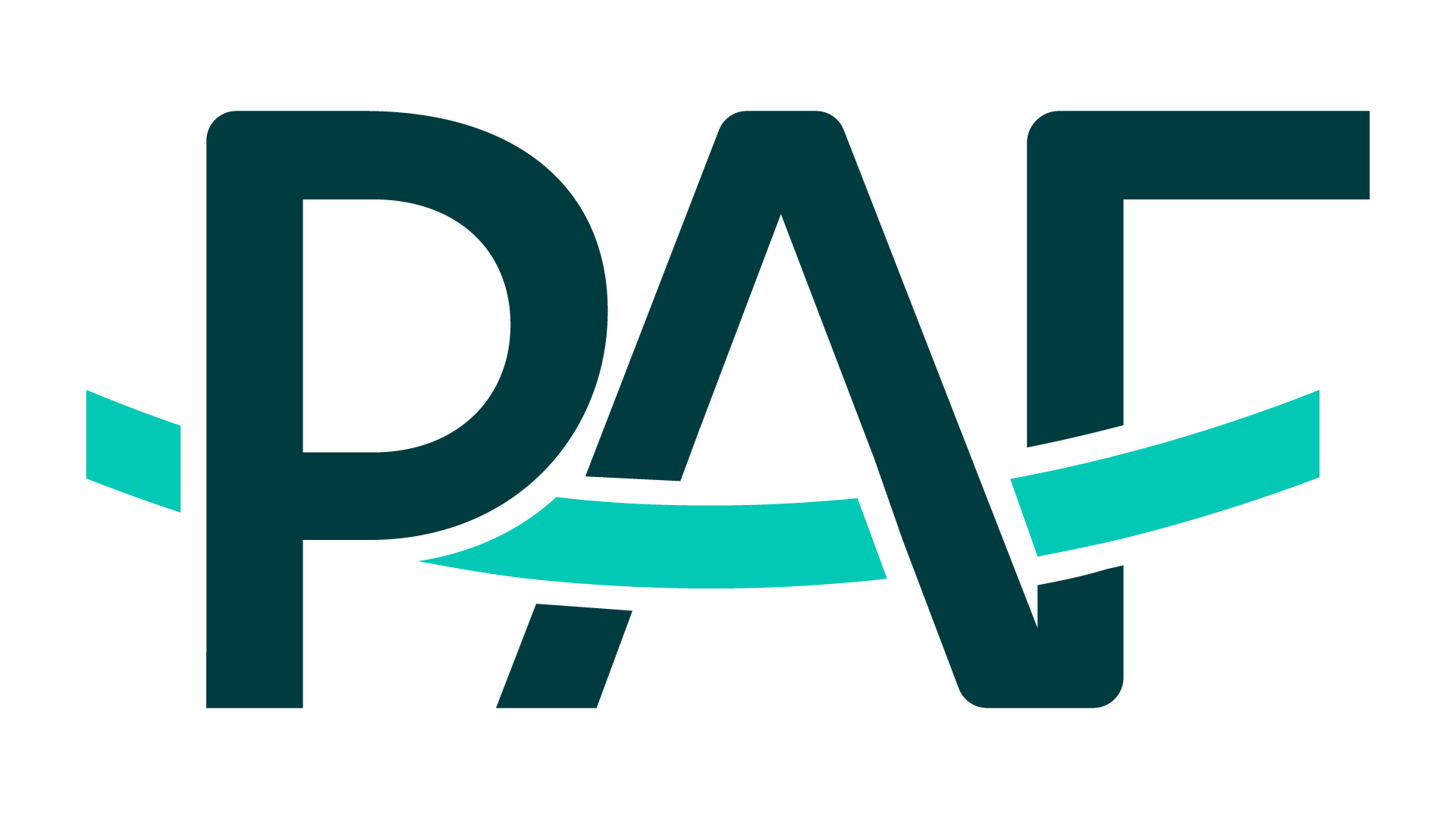NIDA Mentored Outreach Award
NIDA Mentored Outreach Award in Substance Use Disorders Treatment Dissemination
Supported by the National Institute on Drug Abuse (NIDA) from the National Institutes of Health (NIH) in partnership with the PA Foundation
About the Project
 The PA Foundation has partnered with the National Institute on Drug Abuse (NIDA) to fund mentored outreach awards, a key component of the NIDA CTN Dissemination Initiative, supporting the development of expertise in SUD, especially OUD, through completion of a mentor-supervised project focused on adoption and/or dissemination of SUD treatment research and the publication of the results. The goals of the award are:
The PA Foundation has partnered with the National Institute on Drug Abuse (NIDA) to fund mentored outreach awards, a key component of the NIDA CTN Dissemination Initiative, supporting the development of expertise in SUD, especially OUD, through completion of a mentor-supervised project focused on adoption and/or dissemination of SUD treatment research and the publication of the results. The goals of the award are:
- To promote and improve knowledge of evidence-based SUD treatment among healthcare providers
- To promote the adoption of evidence-based approaches in medical settings
- To promote the dissemination of substance use disorder research findings
- To facilitate the professional growth and development of future clinician leaders in the area of SUD management
The purpose of the award is to enhance the PA awardee’s ability to disseminate and/or adopt evidence-based SUD treatment practices through a mentored project that will:
- Provide the PA awardee with experience that enhances knowledge of providing evidence-based management of SUD in medical settings and fosters interest in potentially seeking grants to pursue implementation in the field of substance misuse and substance use disorder in subsequent years.
- Provide the PA awardee with a mentored experience in effective dissemination of existing or emerging research findings and/or the implementation/adoption of research in clinical practice. Applicants are encouraged to develop projects that address or improve upon current gaps in the dissemination of research findings or implementation/adoption of evidence-based treatment practices. Project updates will be shared at the NIDA CTN Annual meeting. Project results will be presented at the 2023 AAPA Annual Conference. Poster presentations are acceptable. The awardee is strongly encouraged to develop a manuscript for submission for publication in a peer-reviewed journal.
- Link the PA awardee with an experienced mentor to guide and facilitate an up to one year-long mentored experience, culminating in a project related to dissemination and/or adoption of SUD research findings
- Provide the PA awardee with a mentored opportunity to learn about key areas of SUD and SUD treatment strategies through systematic literature review, attendance at conferences and workshops, and interaction with leading experts in the field
All applications must be submitted by one or more PAs who are AAPA Fellow members in good standing.
Eligible candidates must not have a NIH research fellowship or a NIH research award or a NIH career development award. Candidates cannot have previous or simultaneous funding from the National Institutes of Health (NIH) or research funding sources. Eligible candidates may not have a training award.
Recipients are selected through a competitive process. Applicants must submit the following information:
- A completed online application form that includes:
- Abstract
- Candidate attestations
- Project description/plan (to include objectives, background information, and method or proposed activities – see specific elements below)
- Project timeline
- Budget and budget justification
- Applicant’s current CV/biosketch
- Mentor’s current CV/biosketch
- Description of facilities available for project
- Letter of support from proposed mentor(s)
- If applicable: Letter of support if the proposed project uses facilities not routinely available to or directly under the supervision of the sponsoring organization
For more information on the award criteria and application process, please review the qualifications and requirements documents.
Related Articles
AAPA News Central – “Every User Has a Story: PA Aims to Humanize Patients with SUD”

